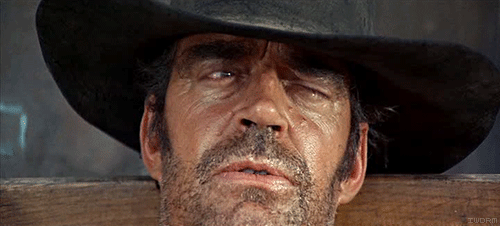I do not intend this threat to fall under the topic of alternate history, so the title is perhaps a bit poorly chosen. However after days of paper deadlines and exams my brain has run out of any original thought...
Anyways, I was reading up on the Austro-Hungarian empire and it's conscription policy in the 19th century. However as with any person that is interested in history I found myself looking for more information on basically everything that I read on every new page. The problem is that you quickly wander off to other time periods and topics... resulting in 20+ wikipedia webpages as tabs. Long story short, I wandered off from Austria-Hungary to the Holy Roman Empire in the 18th century and of course the rivalry between Prussia and the Habsburg monarchy. This led me to asking the following question:
Why did Frederick the Great never try to become Holy Roman Emperor? Yes I know the Habsburgs wore the crown continuously four two-hundered years or so, but the elector of Bavaria was emperor between 1742-1745, so it was still possible for another monarch to be elected.
So, given the rivalry between Austria and Prussia, why did Frederick the Great never tried to become Holy Roman Emperor? I cannot find this information anywhere, so therefore I thought of asking you guys on this forum. Thanks!






 Reply With Quote
Reply With Quote





















